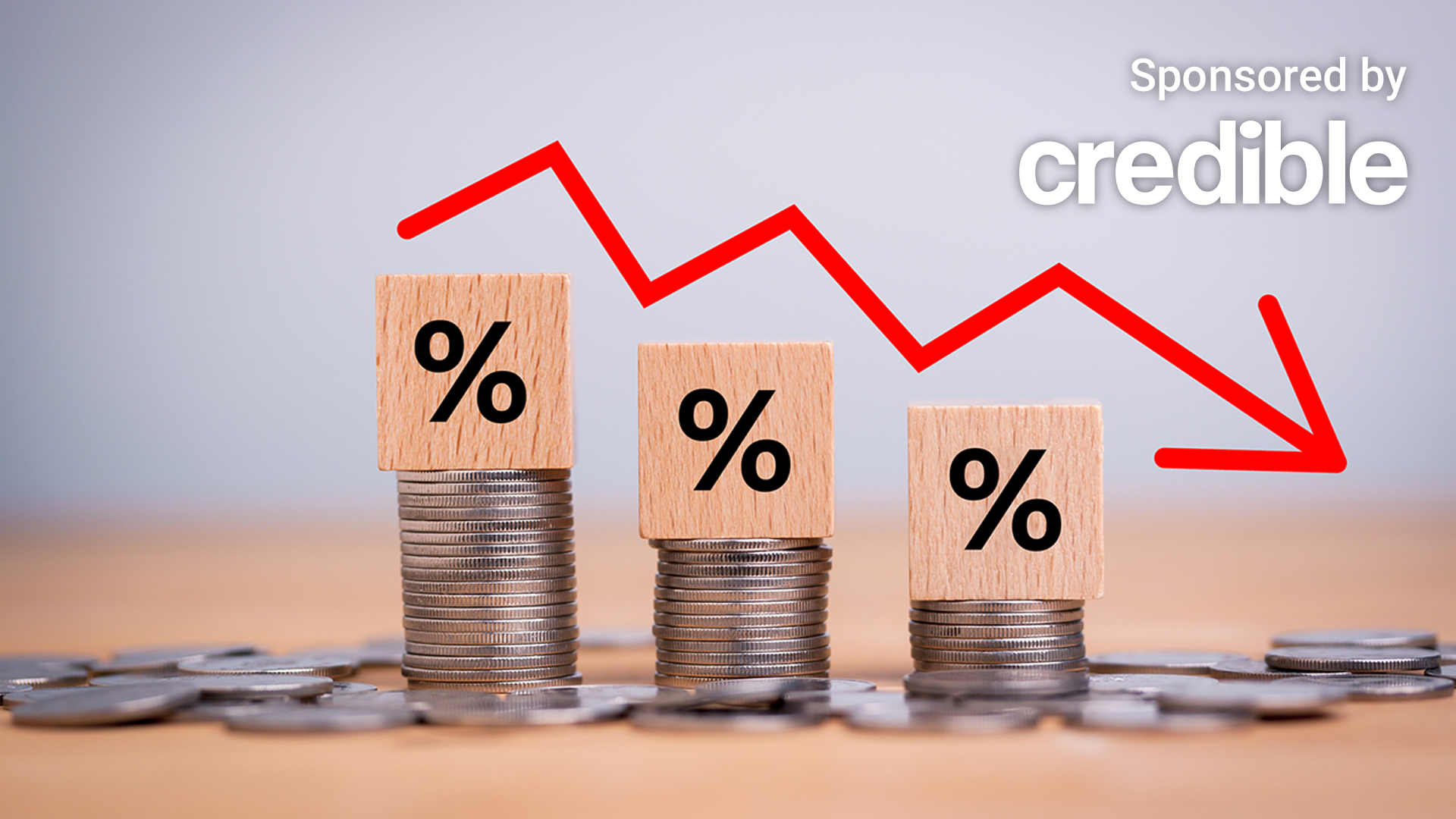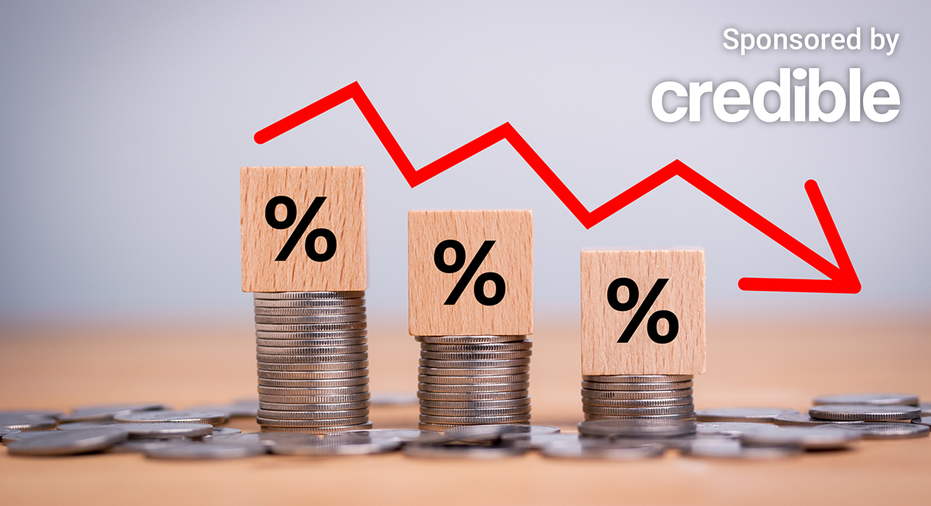Inflation is cooling and the Fed will likely lower interest rates in September. (iStock)
The annual inflation rate in August continued to inch towards 2%, the target inflation rate the Federal Reserve has set, according to the Consumer Price Index (CPI) released by the Bureau of Labor Statistics (BLS).
On an annual basis, prices rose 2.5% in August, the smallest 12-month increase since February 2021. This is a softening from the 2.9% growth in the previous month. On a monthly basis, prices increased 0.2%, the same increase as in July. The core inflation, which excludes more volatile food and energy prices, rose 3.2% and increased 0.3% monthly in August after rising 0.2% the preceding month.
Driving the drop in inflation was a decrease in energy costs over the past year and a marked slowdown in the pace of grocery price hikes. On the other hand, shelter inflation weighed heavily on consumer expenses and was the biggest driver, rising 0.5% in August. On an annual basis, however, shelter inflation rose 5.2%, significantly down from its 8.2% peak in March 2023.
“Today’s data is one of the last major data checkpoints on the road to the Fed’s meeting and decision in September,” Realtor.com Chief Economist Danielle Hale said. “It holds vital clues about the likely size of the Fed’s cut in September, which is widely believed to be a given, at this point. In my view, the continued decline in August inflation solidifies the path for a rate cut in September. The mixed headline and core CPI readings open the door to a lively debate about whether a quarter-point cut or half-point cut will be appropriate.”
If you are struggling with high inflation, you could consider taking out a personal loan to pay down debt at a lower interest rate, reducing your monthly payments. Visit Credible to find your personalized interest rate without affecting your credit score.
BEST PERSONAL LOANS OF AUGUST 2024
A quarter of half a point cut ahead?
August’s decrease marks several months of consistent decreases since March and bodes well for the narrative that the Federal Reserve may finally be ready to cut interest rates at its meeting next week. However, it is unclear if the rate cut will be as deep as some economists had predicted.
The U.S. Bureau of Labor Statistics recently reported that the U.S. added 818,000 fewer jobs over the last 12 months (through March) than they previously predicted. The unexpectedly weak data on job creation had prompted calls for at least a half-point cut, but cutting rates by 50 basis points now could be viewed as the Fed admitting it waited too long to get started, according to Jim Baird, Plante Moran Financial Advisors chief investment officer.
“Sticking the landing on rate policy is important to the Fed, but so is controlling the narrative and maintaining the central bank’s credibility,” Baird said. “With that in mind, there’s nothing in the August inflation report that is likely to sway policymakers from the measured quarter-percent cut that they’ve been guiding expectations toward for some time.”
Using a personal loan to pay off high-interest debt at a lower rate could help you reduce your expenses and put money back in your wallet. You can visit Credible to find your personalized interest rate today.
GROW YOUR MONEY FASTER: 5 ALTERNATIVES TO A SAVINGS ACCOUNT
Housing market correction underway
Mortgage rates have continued to drop amid expectations of rate cuts coming out of upcoming Fed meetings, but first-time home buyers, in particular, continued to face the challenge of high home prices.
A Fed rate cut should further improve borrowing rates for mortgages and housing inventory keeps building, according to a Realtor.com report. The number of homes actively for sale increased by 35.8% in August and now sits at the highest since May 2020. Moreover, the share of affordable homes priced between $200,000 and $350,000 keeps increasing.
Democratic presidential candidate Kamala Harris has proposed offering up to $25,000 in down payment support to first-time homebuyers.
“Many Southern markets have seen a significant build-up in inventory, taking some pressure off of prices, while popular Midwest and Northeast markets continue to see high demand and price growth,” Realtor.com Senior Economic Research Analyst Hannah Jones said. “The market is particularly tough for first-time home buyers who do not have the advantage of existing home equity to leverage into a home purchase. Presidential candidate Kamala Harris has proposed a plan to assist first-time buyers with a down-payment, which could be highly impactful, and could even cover a whole down payment in some markets.”
If you’re looking to become a homeowner, you could find your best mortgage rates by shopping around. Visit Credible to compare your options without affecting your credit score.
SHOULD YOU BUY A HOUSE IN 2024? HERE’S WHAT YOU NEED TO KNOW
Have a finance-related question, but don’t know who to ask? Email The Credible Money Expert at [email protected] and your question might be answered by Credible in our Money Expert column.

 Blog Post1 week ago
Blog Post1 week ago
 Economics1 week ago
Economics1 week ago
 Finance1 week ago
Finance1 week ago
 Economics1 week ago
Economics1 week ago
 Economics1 week ago
Economics1 week ago
 Personal Finance1 week ago
Personal Finance1 week ago
 Accounting1 week ago
Accounting1 week ago
 Economics1 week ago
Economics1 week ago










